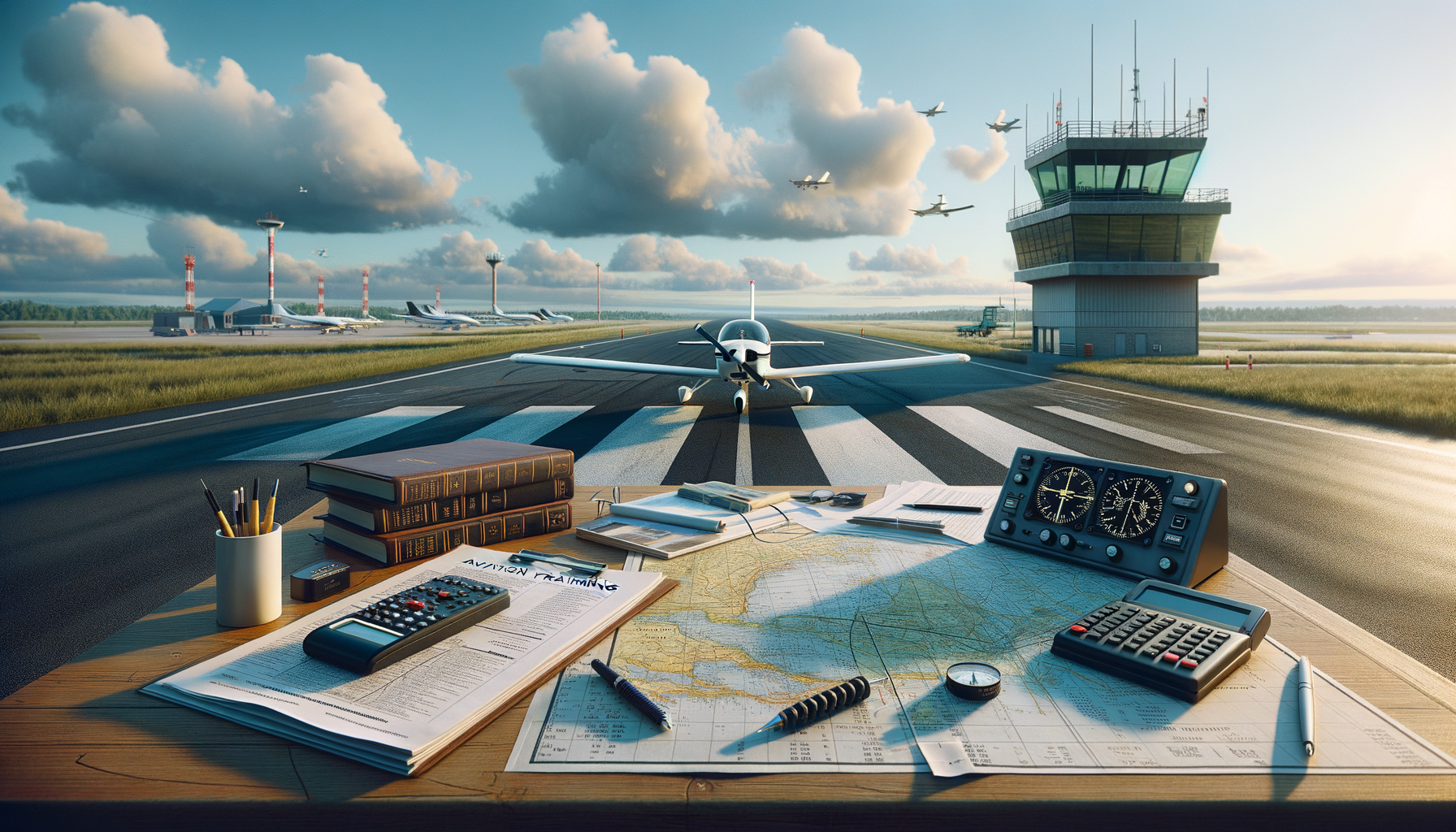
Aviation Training: Navigating the Skies with Expertise
The Importance of Aviation Training
Aviation training is the cornerstone of safe and efficient air travel. It encompasses a wide range of educational and practical experiences designed to prepare individuals for various roles within the aviation industry. These roles include pilots, air traffic controllers, aircraft maintenance technicians, and cabin crew, among others. The significance of aviation training cannot be overstated as it directly impacts the safety, security, and efficiency of air travel.
One of the primary reasons aviation training is so vital is the complexity and risk associated with flying. Aircraft operate in a highly regulated environment, requiring precise coordination and execution of tasks. Training ensures that aviation professionals are equipped with the knowledge and skills necessary to handle routine operations and unexpected challenges. For instance, pilots undergo rigorous training to manage diverse weather conditions, mechanical failures, and emergency situations.
Furthermore, aviation training is essential for maintaining compliance with international and national aviation standards. Regulatory bodies such as the International Civil Aviation Organization (ICAO) and the Federal Aviation Administration (FAA) set stringent guidelines that must be adhered to by all aviation personnel. Training programs are designed to meet these standards, ensuring that aviation professionals are competent and compliant with industry regulations.
Types of Aviation Training Programs
Aviation training programs are diverse, catering to the various roles and responsibilities within the industry. These programs are structured to provide both theoretical knowledge and practical skills, ensuring a comprehensive understanding of aviation operations.
Pilot training is perhaps the most recognized form of aviation training. It involves several stages, starting with ground school, where aspiring pilots learn about aerodynamics, navigation, meteorology, and aviation regulations. This is followed by flight training, where they gain hands-on experience in flying aircraft under the guidance of certified instructors. Advanced training may include simulator sessions to practice emergency procedures and complex flight scenarios.
Another critical area of aviation training is air traffic control. Air traffic controllers are responsible for the safe and efficient movement of aircraft within controlled airspace. Their training involves learning about radar systems, communication protocols, and emergency handling procedures. This training is crucial for preventing collisions and ensuring the orderly flow of air traffic.
Aircraft maintenance technicians also undergo specialized training to maintain and repair aircraft. Their training covers various aspects of aircraft systems, including engines, avionics, and structural components. This ensures that aircraft are safe and airworthy, minimizing the risk of mechanical failures that could lead to accidents.
The Future of Aviation Training
The aviation industry is constantly evolving, driven by advancements in technology and changes in regulatory frameworks. As a result, aviation training programs must adapt to these changes to remain relevant and effective.
One of the significant trends shaping the future of aviation training is the integration of technology. Virtual reality (VR) and augmented reality (AR) are increasingly being used to enhance training experiences. These technologies provide immersive simulations that allow trainees to practice scenarios in a controlled environment, improving their decision-making skills and confidence.
Additionally, the growing emphasis on sustainability and environmental responsibility is influencing aviation training. Programs are incorporating modules on fuel-efficient flying techniques, noise reduction strategies, and sustainable aviation practices. This ensures that future aviation professionals are equipped to contribute to the industry’s sustainability goals.
Moreover, the global nature of the aviation industry necessitates a focus on cross-cultural training. As aviation professionals often work in diverse teams and interact with passengers from various backgrounds, training programs are emphasizing cultural awareness and communication skills. This helps create a more inclusive and harmonious working environment.


